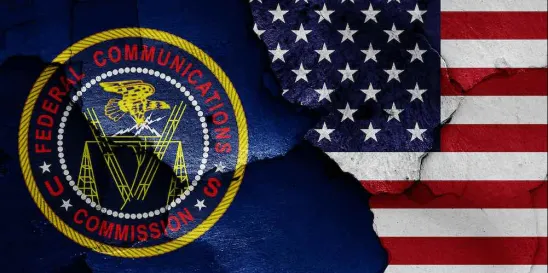Eesh, I really want to be supportive of IMC’s efforts to stall out or unplug the FCC’s new one-to-one ruling but these arguments are… not the greatest. Weird that no one called me before lodging the brief but.. ok.
Anyhoo, here’s status:
IMC is fighting with the FCC over the new one-to-one ruling. Great, sort of. R.E.A.C.H. stayed out of the fight choosing to work with the Commission to amend the ruling to help small businesses.
That’s not to say that a challenge to the FCC’s ruling might be a winner. But the challenge needs to be brought on certain grounds. And it looks to me like IMC’s lawyers haven’t figured out what those grounds are.
Specifically IMC just filed a petition to stay the enforcement of the one-to-one ruling. This is a classic snowball’s chance in hades scenario–and that’s if the petition raised the right arguments.
In my view, it doesn’t.
IMC challenges the Commission’s ruling arguing that the twin definitions for express written consent–one for marketing and one for non-marketing–violate agency interpretive rules. Which is true, but generally only where the same words are being defined in multiple different parts of a statute.
Here the words are being limited in application based upon whether marketing content is being challenged. While that raises first amendment issues, dividing the application of a rule is pretty much what agencies do all day long. So saying that the FCC is not allowed to do what it has done is… well… wrong.
The petition essentially admits as much. It essentially says the FCC could have defined “prior express consent” as a general matter and then “promulgate[d] an exemption negating the requirement to obtain such consent for everyone but marketers.” Ummm, one it didn’t have to. And two, that’s the ultimate “form over substance” argument. Not a good lead.
Their second argument is the FCC’s ruling doesn’t comport with the ordinary meaning of express consent. Yes, but duh.
This wasn’t a clarification guys it was a rule making. The FCC wasn’t interpreting “express consent” they were making a RULE implementing the TCPA. So to say the rule wasn’t a clarification is like saying red isn’t green. Yeah, no kidding. What’s the point?
The point might be that the FCC wasn’t empowered to make such a rule but there is no argument to that effect in the brief. Not sure why not since THAT would be a good argument.
Also a good argument–that the FCC, although empowered to make the rule, acted illogically, arbitrarily and capaciously and counter to the record in doing so. Lots of good room to run there. But those arguments are not raised.
IMC does raise First Amendment issues– the FCC’s order is a content-specific restriction on speech–but I hate seeing that argument raised in the context of a restraining order effort. The procedural posture makes it less likely the court will take action on what is otherwise a very good argument. So IMC may have just fired one of its best bullets at a time when the target is least likely to be struck.
All in all I am not a fan of this brief or this maneuver, but hey– maybe they’ll pull it off.
We’ll keep an eye on this!




 />i
/>i

